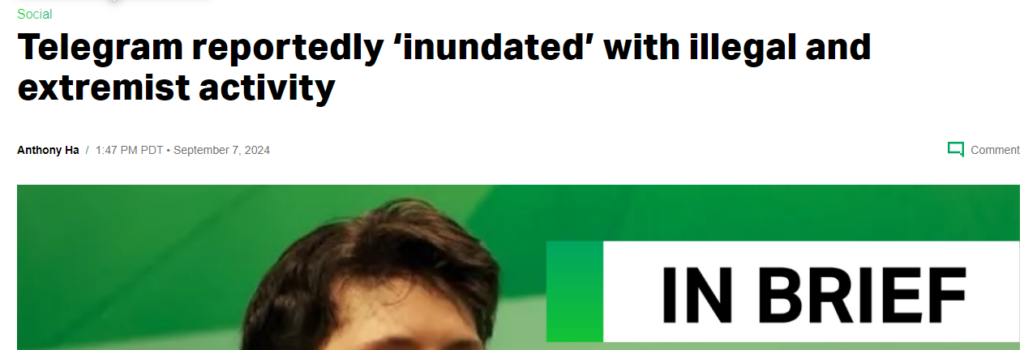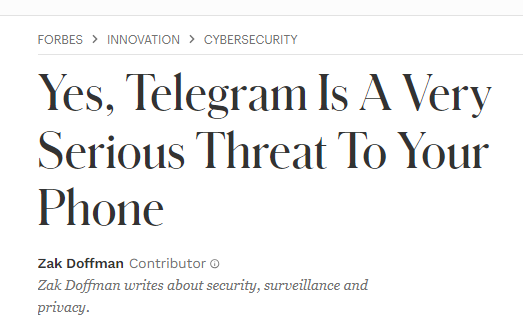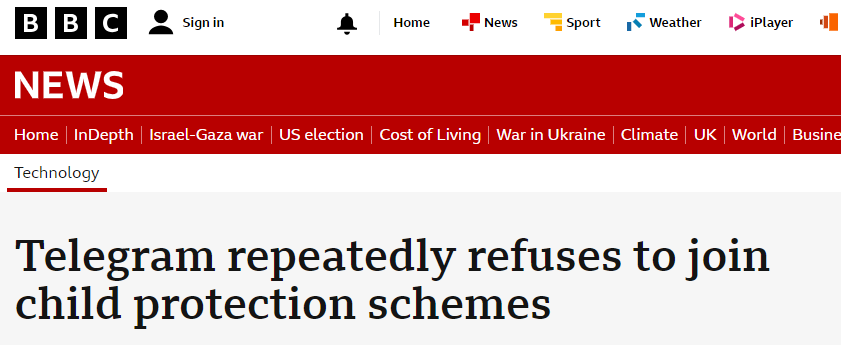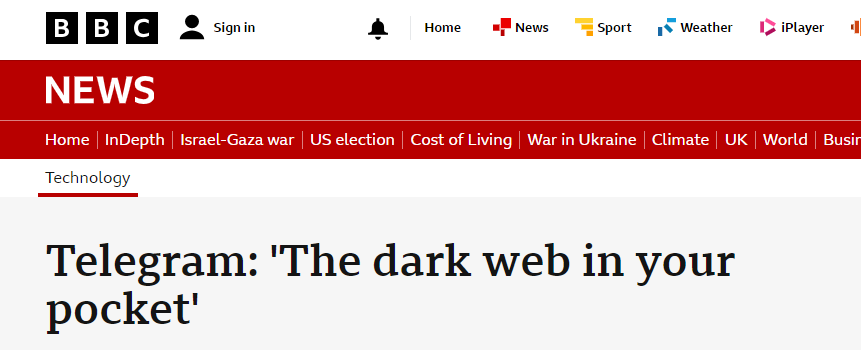The recent investigation by The New York Times into Telegram shows some worrying issues that parents need to know about. The report found a lot of harmful and illegal activities on Telegram. This includes channels run by hate groups, illegal weapon sales, and drug trafficking.
Recent Developments
- CEO’s Arrest: The arrest of Telegram’s CEO, Pavel Durov, in France shows that governments are now taking the issues with Telegram very seriously. Authorities say that because Telegram doesn’t do enough to check what’s posted, it has helped illegal activities happen. This is a big sign that these problems are being taken seriously by countries.

What is Telegram:
Telegram is a messaging app very similar to other messaging apps like WhatsApp or Facebook Messenger, but it has some additional features:
- End-to-End Encryption: Messages sent using Telegram can be encrypted end-to-end, meaning only the sender and receiver can read them. However, this feature is only available in “Secret Chats,” not in regular conversations.
- Groups and Channels: Users can create groups with up to 200,000 members or channels for broadcasting to unlimited audiences.
- Cloud-Based: Telegram stores messages and media in the cloud, so you can access your content from multiple devices without needing to transfer it manually.
- Customization and Bots: Telegram allows more customization than many other messaging apps and supports the use of bots to automate tasks or add new functionalities.
- Free to Use: Telegram is free, with no ads, and funded by its founder and donations.
Telegram in the news

“common users are not the only ones who have recognized the messaging app’s handy features—cybercrooks have already made it a branch of the dark web… Phishers create Telegram channels through which they educate their audience about phishing and entertain subscribers with polls like, ‘What type of personal data do you prefer?’” Forbes


“The BBC has learned that Telegram – the messaging app service whose boss has been arrested in France – refuses to join international programmes aimed at detecting and removing child abuse material online.” BBC

“About nine months ago while researching a story, I found myself added to a large Telegram channel which was focused on selling drugs. I was then added to one about hacking and then one about stolen credit cards. I realised my Telegram settings had made it possible for people to add me to their channels without me doing anything. I kept the settings the same to see what would happen.” BBC
Why is Telegram Not Safe for Children?
- Exposure to inappropriate content: Children may accidentally encounter explicit images, violent material, or other content not suitable for their age.
- Contact with strangers: The “People Nearby” feature allows users to connect with others based on location, potentially exposing children to predators or cyberbullies.
- Lack of age verification: While the terms of service state users should be 16+, Telegram does not verify age when users sign up, allowing younger children to easily join.
- Limited content moderation: Telegram is not very quick at detecting and removing sensitive content, increasing the risk of exposure to inappropriate material.
- Secret chats and disappearing messages: These features can be misused to share inappropriate content or engage in risky behavior without leaving evidence.
- Public usernames: By default, usernames are searchable, potentially allowing strangers to find and contact children.
- Large group chats: Telegram allows groups of up to 200,000 members, which can expose children to a wide range of unknown individuals.
- Sharing of personal information: Children may be tricked into sharing sensitive personal data with strangers on the platform.
- Presence of extremist content: Telegram has been linked to extremist groups, potentially exposing children to radical ideologies.
- Addiction risk: The engaging nature of Telegram can lead to excessive screen time, negatively impacting children’s studies, mental health, and social relationships.
How to keep teens safe when using Telegram :
Here are some key ways parents can help protect children when using the Telegram app:
- Adjust privacy settings:
- Set privacy settings to only allow contacts to see profile information and add to groups
- Turn off the “People Nearby” feature to prevent location sharing
- Enable two-step verification for added security
- Monitor and educate:
- Have open discussions about online safety and risks of chatting with strangers
- Explain the importance of not sharing personal information
- Encourage children to tell parents if they receive suspicious messages
- Set usage guidelines:
- Establish rules around appropriate content and behavior
- Consider setting time limits for app usage
- Use parental controls:
- Consider using a parental control app to monitor usage and set limits
- Block or restrict access to the app if needed
- Consider age appropriateness:
- Telegram is intended for users 16+, so evaluate if it’s suitable for your child
In conclusion, while Telegram might seem like a good option for secure chatting, it’s not the best choice for teenagers. The app doesn’t have strong controls to keep out harmful content, and this can expose teens to stuff they shouldn’t see.
The recent trouble with Telegram’s CEO shows just how serious these issues can be. For the safety of your kids, it’s better to choose messaging apps that are known for being safe and are better at keeping an eye on the content shared.
Before you go, don’t forget to check this out

Was this helpful?
Good job! Please give your positive feedback
How could we improve this post? Please Help us.

